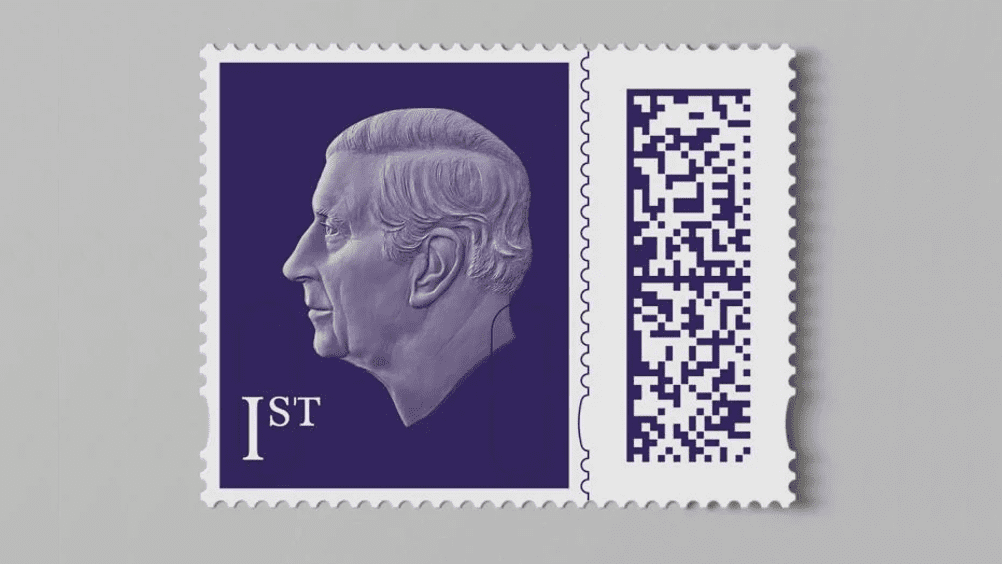FTC V. Meta: The Defense Begins

Table of Contents
The FTC's Allegations: A Monopoly on Social Networking?
The FTC's core argument centers on Meta's alleged monopolistic practices within the social networking sector. Their lawsuit claims that Meta’s acquisitions of Instagram and WhatsApp were not simply strategic moves, but rather deliberate attempts to stifle competition and solidify its already dominant market position.
-
Stifling Competition: The FTC argues that by acquiring these platforms, Meta eliminated potential competitors who posed a threat to its dominance in the social networking market. The acquisition prevented Instagram and WhatsApp from developing independently into serious rivals, thus limiting consumer choice and innovation.
-
Leveraging Market Power: The FTC contends that Meta uses its vast market power, derived from its control over Facebook, Instagram, and WhatsApp, to maintain its dominance. This alleged power allows Meta to dictate market terms and prevent the emergence of new competitors.
-
Specific Anti-Competitive Practices: The FTC's complaint likely details specific practices, such as preferential treatment for Meta's own products within its ecosystem, hindering the growth of competing apps or services. These tactics, according to the FTC, further cemented Meta's monopolistic grip.
-
Legal Backing: The FTC's allegations are supported by extensive research, internal Meta documents, and expert testimony, all aimed at demonstrating a pattern of anti-competitive behavior. This evidence forms the cornerstone of their case against the tech giant.
Meta's Defense Strategy: Countering the FTC's Claims
Meta’s defense strategy is multi-pronged, aiming to refute the FTC's allegations on several fronts. They argue that their acquisitions were pro-competitive, leading to benefits for consumers and fostering innovation.
-
Consumer Benefits: Meta will likely highlight the integration of Instagram and WhatsApp into its ecosystem, arguing that these acquisitions provided enhanced user experiences and functionalities, ultimately benefiting consumers. The combination of services offered convenience and expanded user reach.
-
Competitive Landscape: Meta’s defense will emphasize the dynamic and highly competitive nature of the social media market. They'll argue that the market is far from static, with new players and technologies constantly emerging, challenging Meta's position.
-
Counter-Arguments on Market Dominance: Meta is likely to challenge the FTC's assertion of its market dominance, presenting evidence of significant competition from other social media platforms like TikTok, Twitter (now X), and Snapchat. They’ll emphasize the fluidity of the market and its evolution over time.
-
Evidence and Testimony: Meta’s defense will rely heavily on its own data, market research, and witness testimony to demonstrate its competitive practices and the beneficial effects of its acquisitions.
The Role of Data Privacy in the Case
Data privacy plays a significant role in the FTC v. Meta case, both directly and indirectly. The FTC’s argument might include allegations that Meta's data collection practices are intertwined with its alleged anti-competitive behavior.
-
Data as a Competitive Advantage: The sheer volume of user data collected by Meta is undoubtedly a source of competitive advantage, allowing for sophisticated advertising targeting and personalized user experiences. The FTC may argue this advantage was unfairly obtained and maintained.
-
Privacy Concerns: Concerns about data privacy are central to public perception of Meta. The case could potentially influence how courts view the relationship between data collection practices and anti-competitive behavior.
-
Impact on Future Regulations: The outcome of this case could set important precedents, influencing future data privacy regulations and shaping how companies collect and use user data.
-
Beyond Antitrust: While the primary focus is antitrust, the FTC’s case might incorporate data privacy violations, further bolstering their claims against Meta.
Potential Outcomes and Implications
The FTC v. Meta lawsuit could have several potential outcomes, each with far-reaching implications.
-
Potential Outcomes: These range from a complete dismissal of the FTC's complaint to a ruling that requires Meta to divest itself of Instagram or WhatsApp, or even impose significant fines. Structural changes to Meta’s operations are also a possibility.
-
Implications for Meta: A negative ruling could significantly impact Meta's business model, financial performance, and market position, potentially hindering future growth and acquisitions.
-
Impact on the Broader Tech Industry: The case’s outcome will send a clear message to other tech giants about the potential consequences of anti-competitive behavior, influencing future mergers and acquisitions.
-
Shaping Future Regulations: The case could significantly influence future regulations for digital markets, leading to stricter antitrust enforcement and greater scrutiny of tech companies' practices.
-
Impact on Consumers and Competition: The ultimate impact will be felt by consumers, who could experience either greater competition and innovation or continued dominance by a few powerful tech firms.
Conclusion
The FTC v. Meta lawsuit represents a pivotal moment in the ongoing debate surrounding antitrust enforcement in the digital age. Meta's defense against the FTC’s allegations of anti-competitive behavior will be crucial in shaping the future of competition within the social media landscape. The outcome will have far-reaching consequences for both Meta and the broader tech industry, potentially influencing data privacy regulations and the competitive dynamics of the digital world for years to come.
Call to Action: Stay updated on the evolving legal battle with FTC v. Meta and its implications for digital markets. Follow our blog for further analysis and updates on this significant antitrust case. Learn more about the intricacies of the FTC v. Meta case and the ongoing fight for fair competition in the digital world. Understanding the details of this landmark case is crucial for anyone interested in the future of the tech industry and the protection of consumers' rights.

Featured Posts
-
 Kristen Stewarts Choice White Satin Suit For Cannes 2025 Directorial Debut
May 19, 2025
Kristen Stewarts Choice White Satin Suit For Cannes 2025 Directorial Debut
May 19, 2025 -
 Royal Mail Announces 1 70 First Class Stamp Price Increase
May 19, 2025
Royal Mail Announces 1 70 First Class Stamp Price Increase
May 19, 2025 -
 New Final Destination Bloodlines Trailer What To Expect
May 19, 2025
New Final Destination Bloodlines Trailer What To Expect
May 19, 2025 -
 Guia De Los Aspirantes A Diputados Del Movimiento Nueva Corriente
May 19, 2025
Guia De Los Aspirantes A Diputados Del Movimiento Nueva Corriente
May 19, 2025 -
 Adios A Juan Aguilera El Tenis Espanol De Luto
May 19, 2025
Adios A Juan Aguilera El Tenis Espanol De Luto
May 19, 2025
